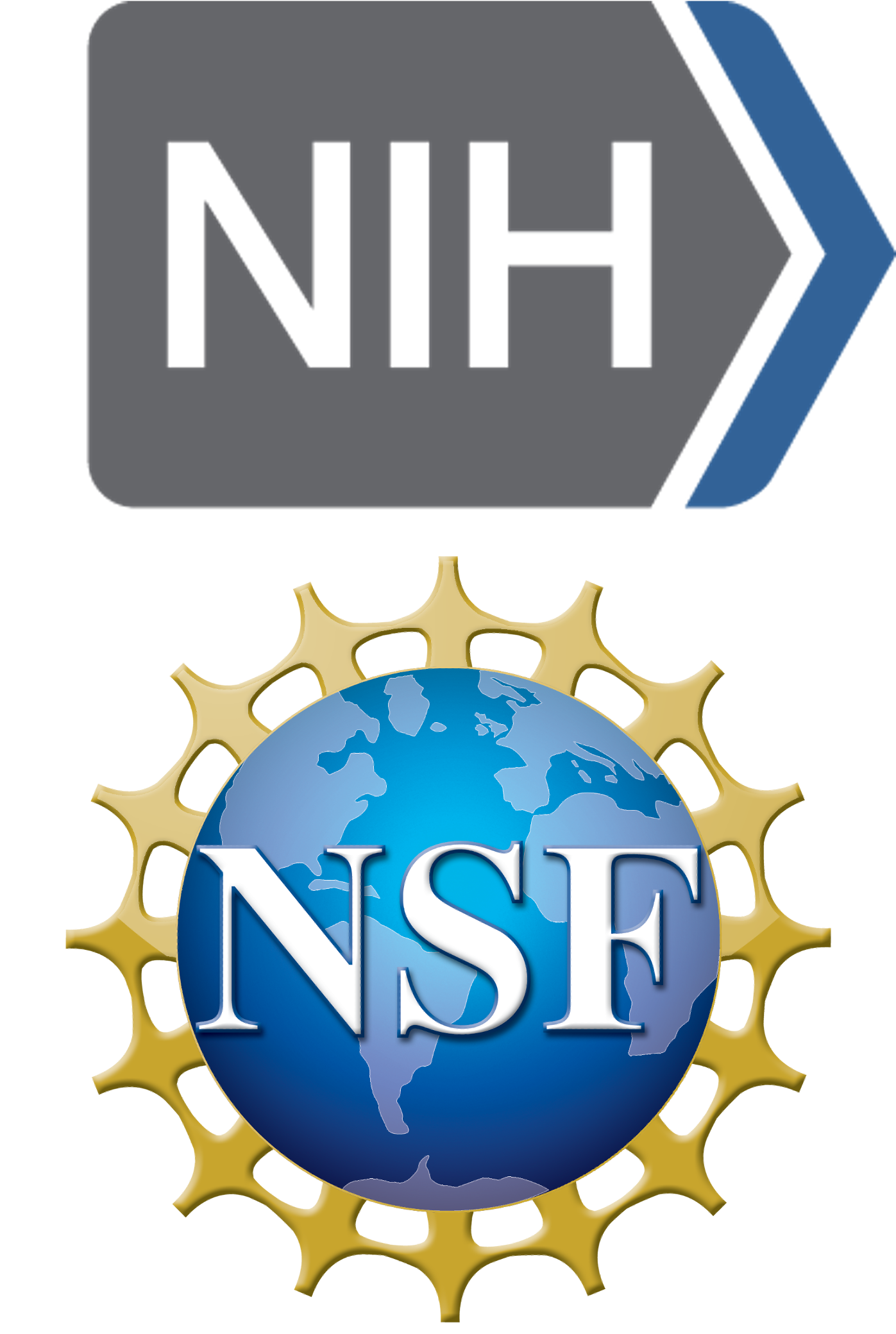Health and Extreme Weather Reports
The results from research supported by the Health and Extreme Weather Research Award program are shared rapidly through the publication of HEW Reports and Research Briefs. These 20-page reports detail each study’s preliminary findings about the health impacts of recent extreme weather events and include policy and practice implications. Reports will be of interest to hazards and disaster researchers and students as well as practitioners and policymakers in the field. Each report is accompanied by a Research Brief which provides an overview of the research’s significance for practitioners, policymakers, and the public. Click on the links below to read the full report and access the brief.
Call 2: Health Outcomes and Disaster Research
HEW6 | Exploring the Mental Health Impact of Hurricane Beryl on Racial Minorities in Houston, Texas (2025)
Oluponmile Olonilua and John Ogbeleakhu Aliu
Call 1: Health Outcomes and Disaster Research
HEW5 | Nebraska Tornado Quick Response: Assessing Community Impacts and Evaluating Early Warnings (2025)
Sarah Elizabeth Scales, Christine Allmon, Rachael Birn, Summer Woolsey, Siddhi Munde, and Kristina Kintziger
HEW4 | Wildfire Smoke in Northern California: Family Risk Perceptions and Mental Health Impacts (2025)
Kathleen Lynch, Alexis Merdjanoff, and David Abramson
HEW3 | Mental Health Impacts of the 2024 Ohio Tornadoes on People With Socioeconomic Disadvantages (2025)
Amer Hamad Issa Abukhalaf, Vaishnavi Deepak Chavan, and Harshavardhan Kodela
HEW2 | Assessing Health and Environmental Impacts of 2023 Maui Wildfires on Asian Americans (2025)
Shinwoo Choi and Yong Je Kim
HEW1 | Transportation as a Social Determinant of Health During Hurricane Idalia (2024)
Xiang Yan, Sara Garces, Shih-Kai Huang, Katelyn Sowell, Catherine Campbell, Shangkun Jiang, Eliana Duarte, and Xilei Zhao
Acknowledgements

The Health and Extreme Weather Research Award Program is funded by the National Institutes of Health (NIH) through supplemental support to the National Science Foundation (NSF Awards #1635593 and #2536173). Opinions, findings, conclusions, or recommendations produced by this program are those of the author(s) and do not necessarily reflect the views of the NIH, NSF, or the Natural Hazards Center.
